How swimming lessons can equip your child with fundamental social skills
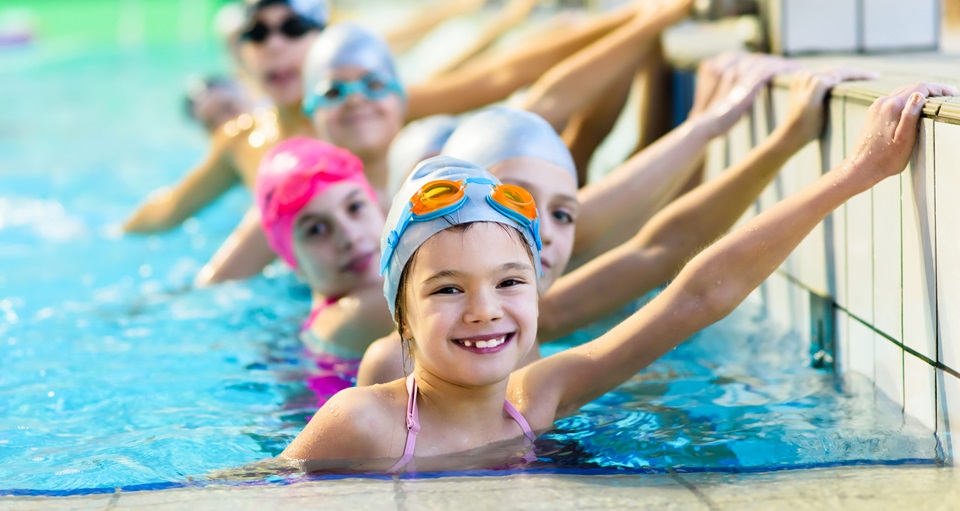
Social skills are an important set of expertise for children to learn from a young age as they are a skill we use for life!
Social skills are the techniques we use to communicate with others verbally, non-verbally and through our body language. Developing these skills equips children with the knowledge on how to act within social interactions and learn how to make their first set of friends.
There are many advantages that come with the development of these skills at an early age including; the improved ability to communicate with others, future creation of valuable relationships and an improved perspective of yourself and peers.
A sport that can help facilitate children's development of these social skills and equip them with the fundamentals from a young age is swimming lessons!
Swimming lessons encourage children to participate in a range of exercises and activities that promote the development of social skills, these activities work on the following:
- Team work and cooperation:
Although swimming is often thought of as an individual sport, there are many team exercises and drills used to develop techniques during group lessons. These group exercises pair children together and require them to work collectively. Through these activities kids will learn the importance of team work and how to actively co-operate with their peers to reach a common goal, such as winning the game. - Following instructions
During lessons children are required to actively listen and follow the instructions set by their swim teacher at the beginning of class. This requires students to stop talking to their friends and direct their full attention to the instructor. Through this they learn the importance of respecting those in authority and following instructions, which will prepare them for their schooling life where knowing the expectations of each class and having respect for their teachers is vital in maximizing education. - Interaction with others:
Swimming lessons provide children with the perfect environment to learn how to socially interact with others, whether it's consistent exposure to peers within their current class or meeting new friends as they progress through the levels. Lessons also encourage children to expand their social circle and opens up the opportunity for future social interaction such as birthday parties or pool parties. This consistent social interaction lays the foundation for friendship skills and provides valuable experience in making new friends. - Welcoming differences
During every class students will have the chance to interact with kids from a range of cultural backgrounds. Within lessons children will also be exposed to differences in ability students may have and that not everyone learns at the same pace. This aids in their understanding that nobody is identical and to welcome differences yourself and others may have!


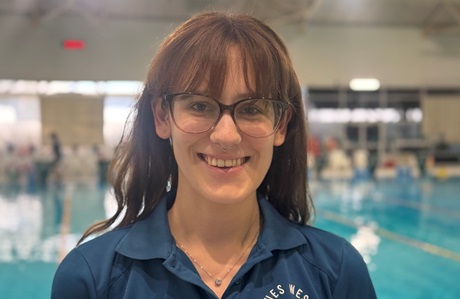
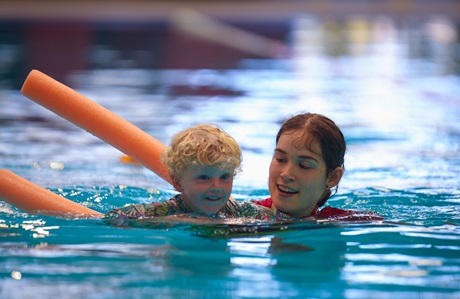
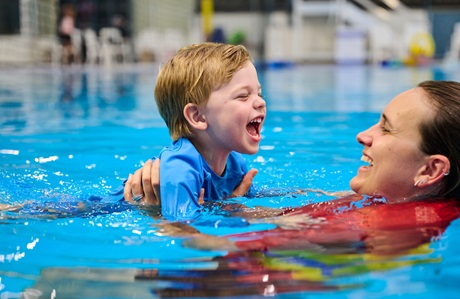
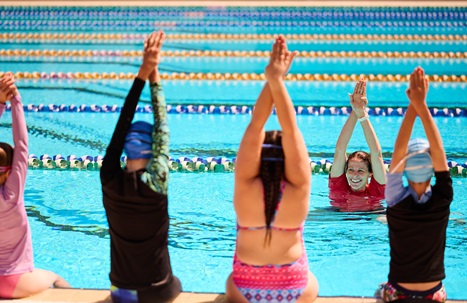
.png?sfvrsn=80f10cd3_1&Quality=High&Method=CropCropArguments&ScaleUp=true&Width=467&Height=303&Signature=0CD967C99FDB8399FF422C6CFD787F7218E023FB)

-2.png?sfvrsn=2e70ac81_1&Quality=High&Method=CropCropArguments&ScaleUp=true&Width=80&Height=80&Signature=1E269CC2A70506C2E6263BDA18D232FA1E66685F)